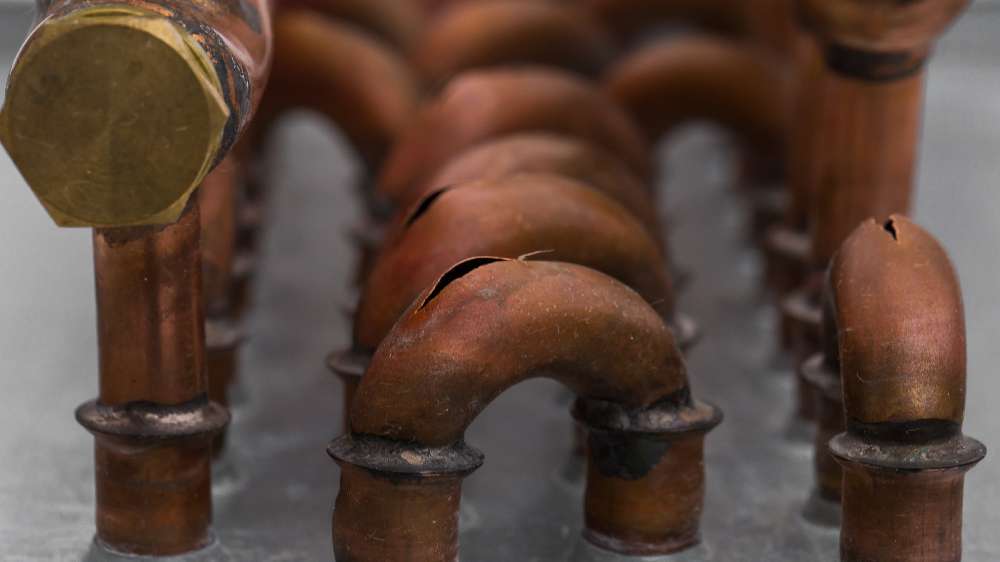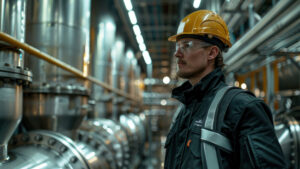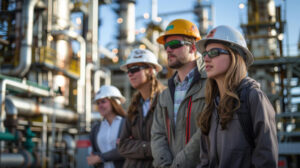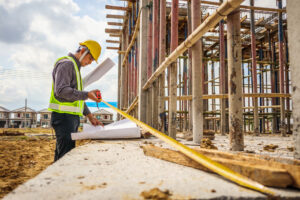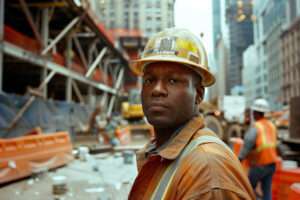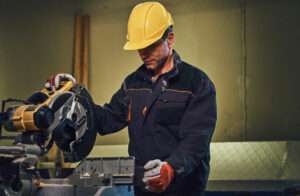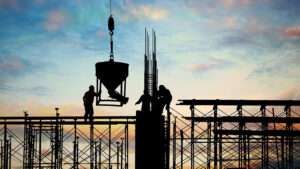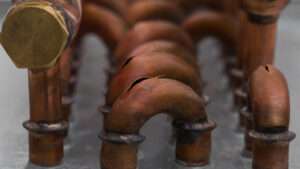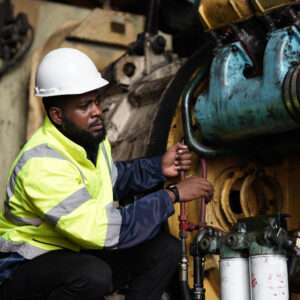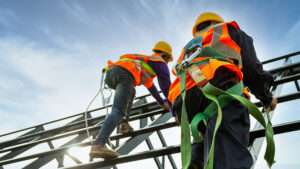Pipe Fitters Industrial, Construction, and Marine Jobs
Pipefitters are an integral part of the construction and industrial fields. They are skilled tradespeople that install and repair piping systems for a range of applications. Pipefitters work in many different industries, from hospitals and factories to residential homes, to ensure that all plumbing fixtures, pipes, and equipment are installed correctly and securely.
Commercial construction lead for the job of a pipe fitter involves installing pipes for various purposes such as water supply systems, drainage systems, natural gas lines, heating and cooling systems, oil pipelines, sprinkler systems, power plants, cooling towers, and other areas. To do this work properly they must have knowledge of plumbing system codes and regulations. They must also be able to identify the correct type of pipe or fitting needed for each specific job.
How Does One Become a Pipe Fitter?
Becoming a pipe fitter requires specialized training as well as an apprenticeship program that provides hands-on experience with actual projects on the job site. Apprenticeships typically last two years or longer depending on the complexity of the project. During these apprenticeships, individuals learn about all aspects of pipe fitting jobs. This includes how to identify various types of materials used in piping projects such as copper tubing, PVC piping, or steel pipes. They also learn how to use the tools necessary for their work such as pipe cutters, wrenches, and threaders.
Once their apprenticeship program is complete they are journeyman pipe fitter. This allows them to take on jobs independently without supervision if a requirement by their employer. Journeymen often specialize in one particular area such as steaming or instrumentation. Others choose to become generalists that can handle any type of piping project.
Staying Current With Industrial Technology and Standards
Due to the nature of their work, pipe fitters must remain up-to-date with changes in technology and material. This is mainly for installation so that their skills remain relevant in an ever-changing industry. This helps ensure these many employers provide continuing education courses either online or through trade schools. This helps employees stay ahead of current trends and safety regulations with their trade.
In summary, pipe fitters play an important role in both commercial buildings and residential homes alike. They install plumbing fixtures safely and securely according to applicable codes for them to function properly over time. This profession requires specialized training as well as ongoing education. This is so that those who pursue this career can make sure they remain updated on new developments within the industry. It also keeps safety standards a top priority when working at any given job site.

